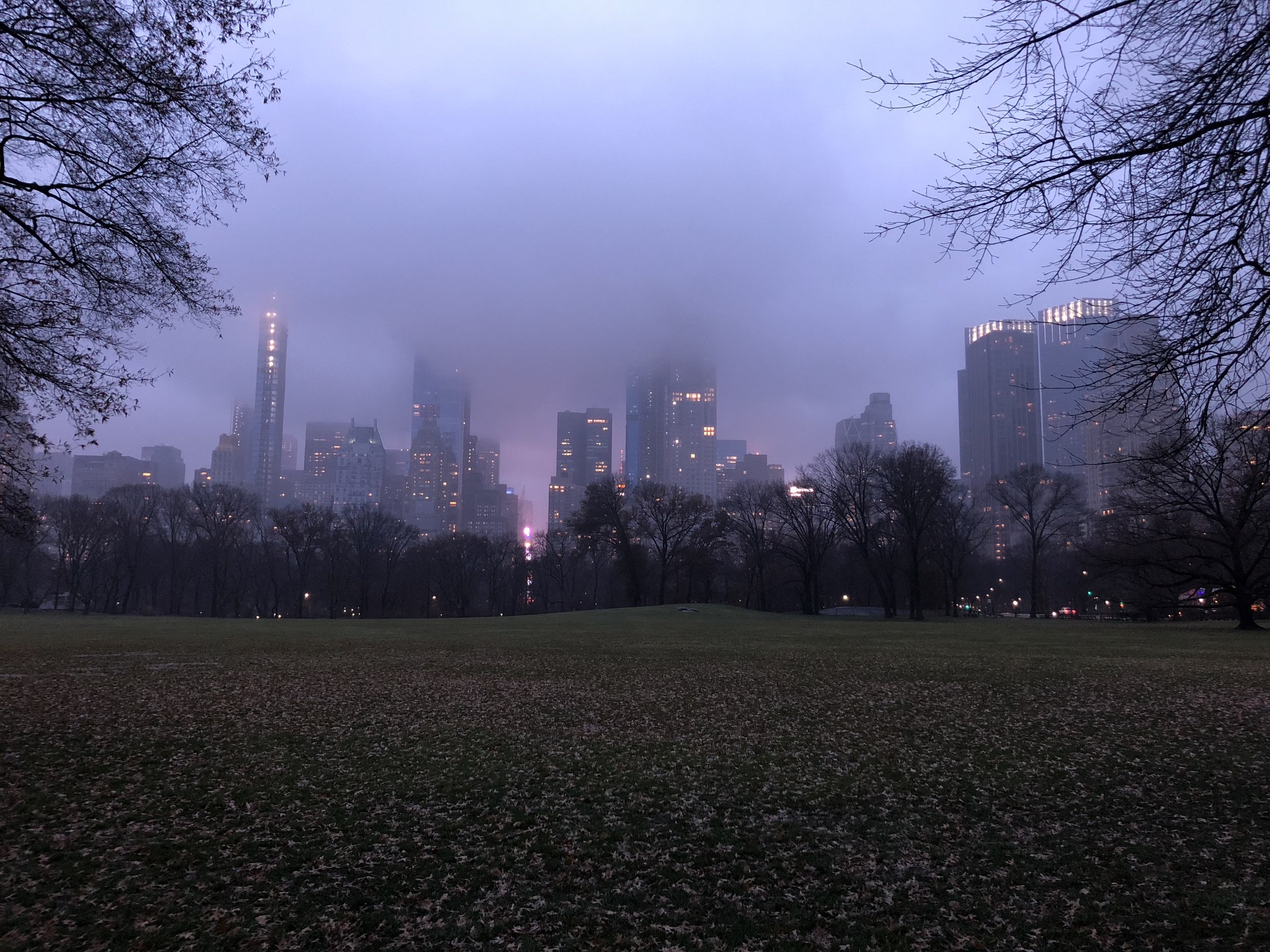REVIEW: Stefan Jackiw and Conrad Tao Wax Nostalgic at 92Y
JANUARY 26, 2019
BY BRIAN TAYLOR
Conrad Tao is a composers' pianist, by which I mean he plays like a composer's dream. And in Stefan Jackiw, Tao has found a chamber music partner completely simpatico with his sensibility. The duo played a spectacular program full of intense expression, rhythmic adventure, and lovely surprises at the 92nd Street Y -- in the venue's smaller, intimate Laemmlein & Leah Buttenwiesser Hall -- on Friday evening.
The 24 year old Tao is quickly rising to the fore as one of his generation's most promising -- scratch that, he's already delivering -- American classical musicians. This season alone, the New York Philharmonic gave the world premiere of a work entitled Everything Must Go, which they commissioned as a prelude to Bruckner's Eighth Symphony. I wasn't in town to hear it, but a visit to his website or youtube provides an enticing sampling of his talent, both as performer and composer.
Stefan Jackiw's violin playing is transcendent. Like Tao at the piano, you forget that he's playing a specific musical instrument at all -- an antique mechanical device, miraculous, of course, but rife with idiosyncratic problems and hurdles to overcome. They both utterly disappear into the music, submitting completely to the composer's creation.
Friday evening's 9 P.M. program, began with Stravinsky's Suite Italienne, a 1932 paraphrase of themes of Italian Baroque composer Giovanni Pergolesi. A re-working of music from his watershed 1919 ballet Pulcinella, the suite is a favorite showpiece for violin and piano, a throwback to earlier forms (a suite of dances), as well as a defining work of Stravinsky's "neo-classical" phase: highly tuneful and witty. Jackiw and Tao play it with the cleanliness they would bring to Mozart, making Stravinsky's inspired injections of his own jump off the page, and with such heart, that they seem essential and inevitable. Tao plays the murmuring, shimmering pulse in the Serenata's piano part with thrilling delicacy. The Tarantella was dancing and electric. The Minuetto e finale seemed to traverse time, simultaneously existing in the antique and in the present, played with vivacious accuracy and dynamism.
The theme of the evening, as described in remarks by Jackiw, was nostalgia, or remembrance, and was anchored in the balance of Polish composer Witold Lutosławski’s Partita for Violin and Piano from 1984, and Johannes Brahms's glorious Violin Sonata No. 1 in G Major, Op. 78. (The one that also exists for the cello and piano in D major, and is certainly one of his masterpieces.)
Lutosławski's Partita is also a throwback to the Baroque form of a suite of dances, but there, any similarity to Stravinsky's suite ends. One of the greatest European composers of the twentieth century, Lutosławksi's music is too rarely played (on these shores, anyways). But if the Partita, in Tao's and Jackiw's hands, is any indication, this brilliant composer's music anticipated today's compositional aesthetic. Viscerally accessible and relevant.
Lutosławski's music, which to my mind bears more in common with Prokofiev, Shostakovich, even Bartók, than the serialist language of Schoenberg and Boulez, has elements of aleatory (chance). He frequently wrote musical lines that should be played concurrently, but independently.
Jackiw's violin wails with a humanistic tonal palette, some of the most fearless, naturalistic articulation I've ever heard from a classical fiddler. Tao plays with a conductor's sense of forward propulsion, an architect's sense of structure, and a playwright's sense of dramaturgy. Boundless at the Steinway, he is keenly attuned to the yearning in Lutosławski's long, never-ending melodies, and thrusts his entire being into the driving pounding journey that is the Presto finale.
Jackiw's flawless intonation and versatile tonal palette is exploited to the maximum in the Nocturne in memory of Lutosławski by Finnish composer Kaija Saarriaho, most familiar to New York audiences as the composer of L'amour de Loin, the first opera by a woman composer at the Metropolitan Opera since 1903. The mournful piece earns its title Nocturne, with uncanny night music qualities, and was followed without interruption by the Brahms, as if the warmth of the sonata's first theme was the sun rising.
The duo straddles the line between Brahms-the-Romantic and Brahms-the-Neoclassicist. Tao plays the first movement’s rippling eighth notes with clarity and crispness, as contrapuntally as you'd play Bach, and in consort with Jackiw, brings suppleness and effervescence to Brahms's textures. They have a magical way of playing the final cadences, the final chord being sublime and relaxed, Jackiw’s gentle tonic chord vibrating like overtones from the piano. But the real delight here is the deep-reaching expression they each bring, their sense of spontaneity, the rich imagination. The minor-keyed, motoric finale was skillfully controlled, but found revelatory denouement in ephemeral moments of release, as when the first movement's heavenly second theme hints at returning, ever so fleetingly, until it reemerges in the final phrases for a resolution steeped in late-Romantic ecstasy.
The pair finished with an encore, a ghostly piece by Tao called All I Had Forgotten or Tried To. I wish these two would record this remarkable program. It's both a fascinating bit of curation, and such a beautifully played evening that it ought to become an instant classic.
***








